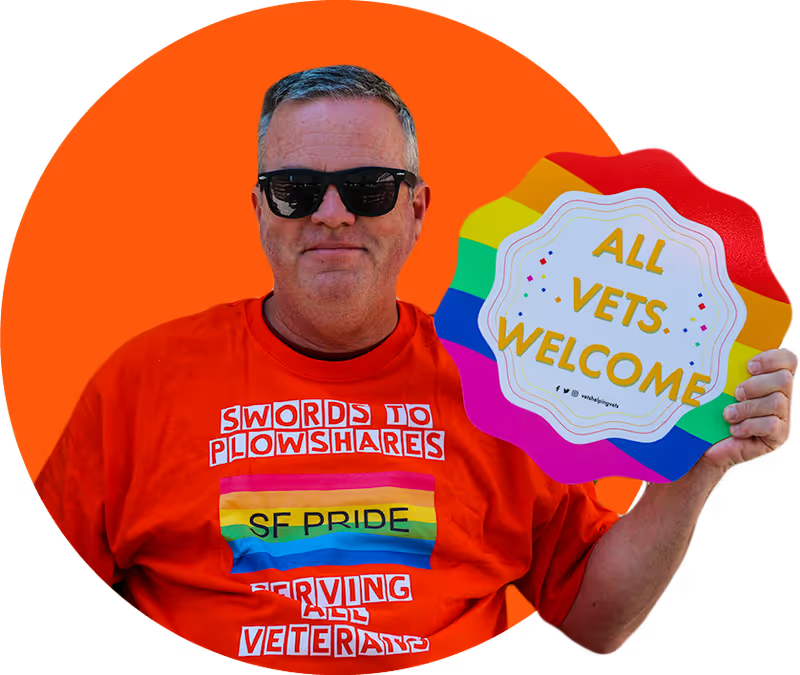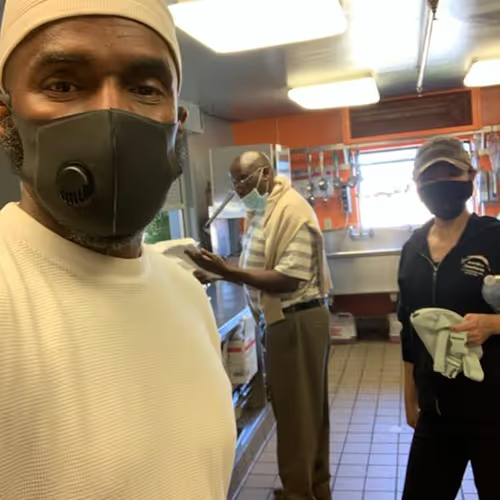Veterans comprise a fraction of the overall US population and perceptions of military experience are shaped by movies, media, stereotypes, and myths. Veterans should be welcomed into mainstream community care but also have resources through the VA and veteran-specific care.
Veteran staffing is a powerful element in developing trust and engagement with clients. Veteran staff can also help colleagues understand veteran culture through everyday interaction and formal peer-to-peer training and mentorship. A veteran working group or steering committee can formalize these efforts. They can also act as a conduit of care and trust between veteran clients and non-veteran staff.
Do not assume, however, that veteran staff are up on every aspect of military culture and resources, nor should they be the only ones equipped with this information. This is a vast body of knowledge, with differences based on branch, era of service, changes to benefits regulation, and availability. All staff and volunteers should be educated on veteran issues, experiences, and resources. Further education on PTSD, TBI, and trauma-informed care is highly recommended.
Staff should be trained in veteran culture and resources during onboarding and should have access to this training regularly. Discussions about eligibility, barriers and facilitators to care, and engaging veterans should be a regular conversation among staff. For resources on veteran culture, see chapter two.

.avif)







